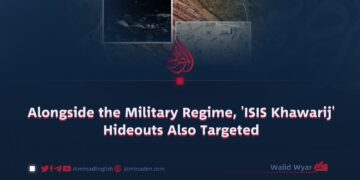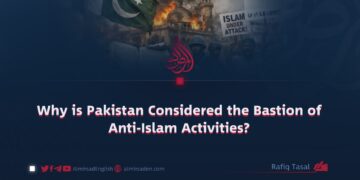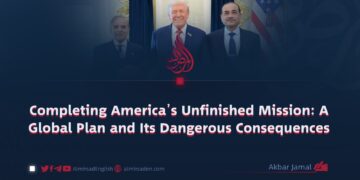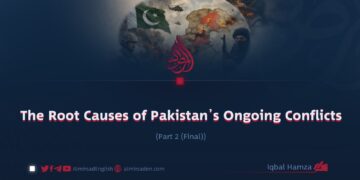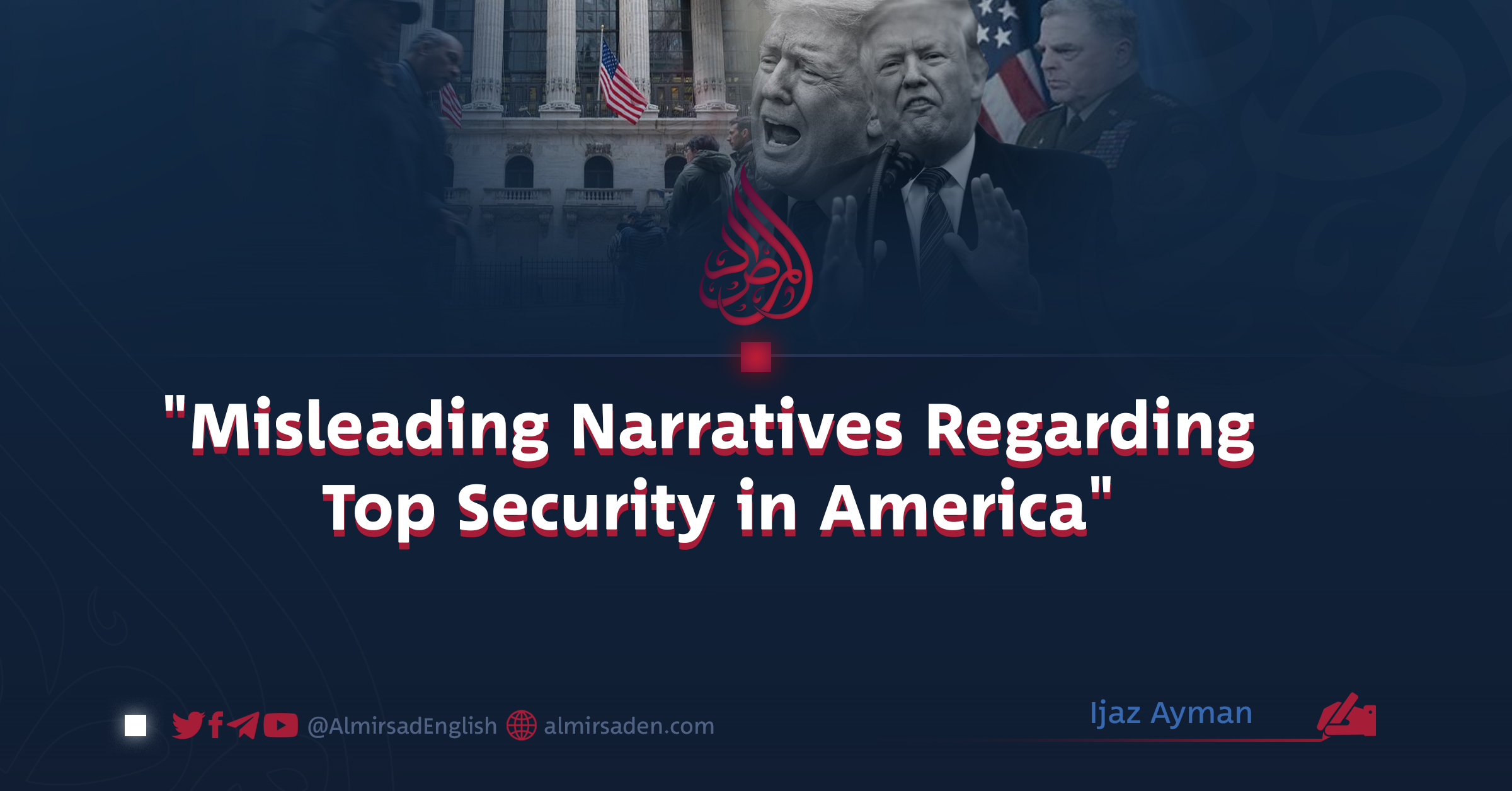Written by: Ijaz Ayman
The United States, a nation which perceives itself as the epicenter of global security and often intervenes in other countries under the guise of promoting justice and addressing instability, has harbored terrorists within its own borders, thereby endangering the lives of its political leaders and even its presidents.
America’s deceptive portrayal of itself as a secure nation has been exposed, revealing that it remains one of the most dangerous and unstable places. Even prominent politicians and influential figures in the country’s political landscape cannot ensure their own safety, despite the implementation of stringent security measures.
At times, even their heads, ears, and throats are at risk—clear evidence of the precarious security situation. The core issue lies in the contradiction between America’s global claims of promoting security and its own domestic reality, where insecurity persists at alarming levels.
Indeed, security in America is largely an illusion, sustained by its control over mainstream media. Through this control, a false narrative of top security is propagated, masking the underlying instability.
A stark contrast exists between reality and media portrayals in the United States. While the actual state of affairs is marked by widespread insecurity and unrest, biased media outlets continue to distort this reality—depicting a country plagued by instability as a bastion of safety.
In essence, people have conflated two distinct concepts regarding America: security and the perception of security.
While there may have been a degree of stability in the past, the sense of true security has never been deeply rooted among its citizens. If any group harbored a false sense of security, it was the American political elite. However, recent events have demonstrated that even they are no longer immune to threats. Their insistence on America’s supposed security was merely a means to justify interventions in other nations deemed unstable.
Donald Trump, a presidential candidate in the United States, faces significant security threats from various sources. Ironically, the very individuals advocating for intervention in countries such as Afghanistan—under the guise of ensuring security—fail to recognize the glaring deficiencies within their own borders. This raises a fundamental question: what justifies their audacity to ignore their own vulnerabilities while pointing fingers at others?
The current atmosphere in America is one of turmoil, fear, and disorder. If its own leaders cannot guarantee stability at home, how can they credibly claim to establish genuine security and peace elsewhere?














